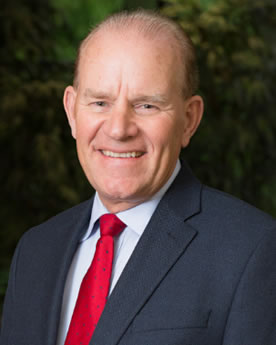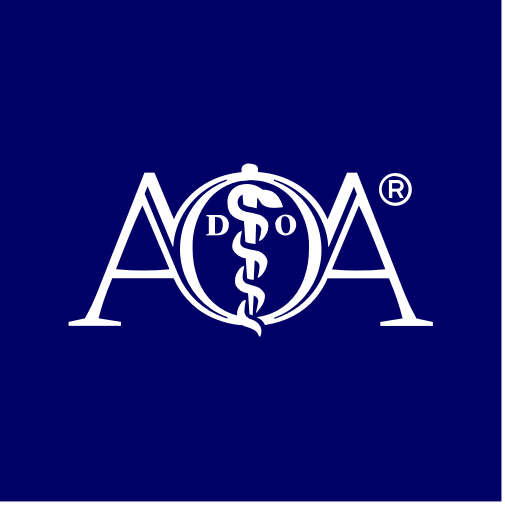
COURSE CREDITS & HOURS
16 AMA PRA Category 1 Credits™16 ACPE Credits
16.0 Contact Hours
COURSE FEES
TARGET AUDIENCE
PROGRAM PURPOSE
The purpose of these lectures is to provide an experienced clinician's perspective on the delivery of individualized, comprehensive, patient-centered care and to identify and manage properly important clinical issues in primary care medical practice. Participants are expected to learn new approaches and techniques in medical interviewing (e.g., taking appropriate sexual and spiritual histories), diagnostic reasoning (e.g., determining when to perform imaging studies in patients with headache, appropriate diagnostic work-up of individuals with possible hypogonadism), clinical skills (e.g., appropriate methods for determining accurate blood pressure readings), medication management (e.g., appropriate use of hypnotic medications), and health counseling (e.g., encouraging proper dietary measures and exercise).
Topics and Objectives- Health Promotion 1: Encouraging a Healthy Body, Mind, and Spirit
- Assess the patients current state of physical, psychological, and spiritual health
- Analyze the patients current dietary and exercise practices
- Discuss an individualized health-promotion strategy for the patient
- Health Promotion 2: Making Healthy Lifestyle Choices
- Hypertension: What Goes Up Must Come Down
- Describe the appropriate measurement and classification of hypertension
- Discuss the laboratory testing and imaging needed to diagnose the most common causes of secondary hypertension
- Describe the major classes of anti-hypertensive treatment and discuss the particular type of patient likely to benefit from each class of medication
- "Oh, My Aching Head!": Managing Headache
- Discuss the appropriate use of brain imaging in evaluating patients with headache
- Describe the appropriate use of abortive and preventive medications in the treatment of migraine
- Describe the distinguishing clinical characteristics of tension-type and cluster headache
- "Sick and Tired of Being Tired": Approach to Chronic Fatigue
- Sleep Disorders: Insomnia and Hypersomnia
- Describe the four stages of sleep and identify sleep disorders associated with each stage of sleep
- Discuss elements of a sleep hygiene program
- Explain the appropriate use of stimulant medications for patients with excessive daytime somnolence
- Male Sexual Disorders: Restoring Vitality and Virility
- Elicit a thorough, non-judgmental sexual history
- Describe appropriate laboratory and radiologic testing in the evaluation of male sexual problems
- Discuss the effects, risks, and benefits of testosterone replacement and medications for erectile and ejaculatory dysfunction
- Diagnosing and Managing Depression: Overcoming the Blues
- Get Me Out of Here!": Panic Disorder and Agoraphobia in Primary Care
- Somatization: Illness as a Way of Life
- Enhancing Clinician-Patient Communication: Becoming a Healer
- Distinguish the technical, biomedical aspects of clinicians role from the personal and psychosocial aspects of care
- Describe specific attitudes and values needed to create a healing environment with patients
- Apply techniques for establishing and maintaining rapport with patients and enhancing clinician-patient communication
- The Faith Factor: Practicing Spiritually-Sensitive Medicine
- Elicit a spiritual history in an ethically-appropriate manner
- Analyze the physiologic, psychological, social, and lifestyle effects of religious beliefs upon health outcomes
- Describe the spectrum of possible interventions available for addressing patients spiritual needs








































